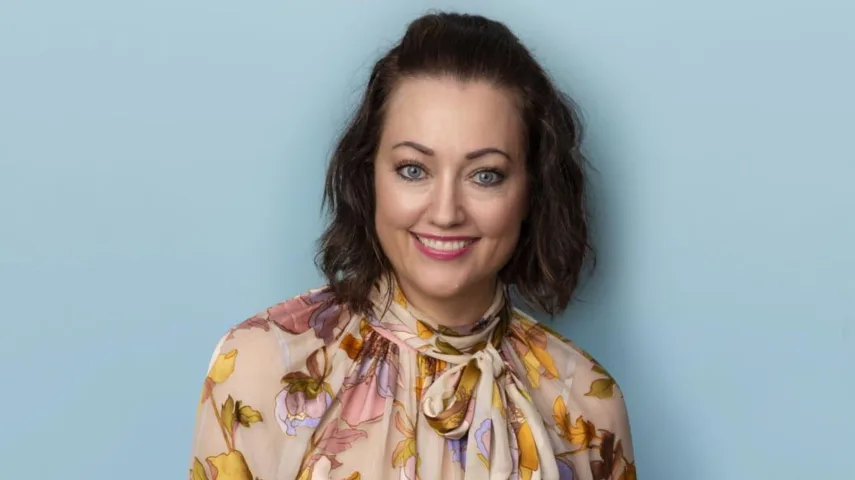ART’s role in building the next-gen of advisers



Australian Retirement Trust (ART) is actively recruiting financial planning graduates, although they will be limited to providing intra-fund advice.
Speaking to Money Management, Anne Fuchs, executive general manager for advice, guidance and education at ART, said her team comprises some 130 people. This includes those providing workplace education, member seminars, 60 phone-based advisers who provide intra-fund advice, and an adviser growth team who work with external financial advisers.
“We’ve just recently expanded our external financial advice team, and we are hoping to hire another 10 or so advisers because we are seeing a huge appetite in demand within our membership.
“We need to continue to grow our adviser workforce in the intra-fund space to accommodate our fast-growing membership.”
The fund is also working with universities to recruit new graduates from commerce, similar to suggestions by the Financial Advice Association of Australia (FAAA) earlier this year that financial planning students could work with super funds.
Speaking in June, FAAA chief executive, Sarah Abood, said: “Perhaps this is an opportunity where super funds could employ students of financial planning degrees who have completed relevant modules, such as superannuation or retirement, but who haven’t completed a PY [professional year] yet but they could offer simple advice from a super fund in a way that is commensurate with the best interest of the client.”
According to Fuchs, ART isn’t in competition with advisers in its recruitment efforts.
Fuchs said: “We were down at Griffith University talking to graduates and a fund like ours is a great place for a young graduate to start their career with their Professional Year and learn how to provide simple advice on things like contributions, investments and insurance, and build their knowledge and expertise to work up to providing intra-fund advice.
“That might be enough – or they may want to go elsewhere to a private practice and into providing comprehensive advice. So we do think we have an important role in the next generation of advice professionals.
“Super funds are a fantastic place to start your career and be able to grow and learn. We have had some young people join already and sometimes they move on to comprehensive advice and spread their wings. Equally, we’ve had some external financial advisers come to us who want to provide simpler advice so we also recruit that way.”
Earlier this year, the government’s formal response to the Quality of Advice Review stated it expects super funds should be able to provide financial advice to its members.
But Fuchs said ART has opted out of offering comprehensive advice to members and will instead refer those with complex needs to an external adviser.
She likened the advice provided by ART as that of a chemist or a GP.
“The simple stuff can and should be provided by us as most people have simple advice needs. But there is a growing number of members who have more complex needs and that’s where external financial advisers come in,” Fuchs explained.
“People go to a chemist where they can get some simple information and self-serve, but the moment we, as a super fund, see complexity, then we must refer them to a specialist because that specialist expertise is required, such as for estate planning or setting up or unwinding an SMSF.”
Recommended for you
A financial advice firm has been penalised $11 million in the Federal Court for providing ‘cookie cutter advice’ to its clients and breaching conflicted remuneration rules.
Insignia Financial has experienced total quarterly net outflows of $1.8 billion as a result of client rebalancing, while its multi-asset flows halved from the prior quarter.
Prime Financial is looking to shed its “sleeping giant” reputation with larger M&A transactions going forward, having agreed to acquire research firm Lincoln Indicators.
An affiliate of Pinnacle Investment Management has expanded its reach with a London office as the fund manager seeks to grow its overseas distribution into the UK and Europe.















